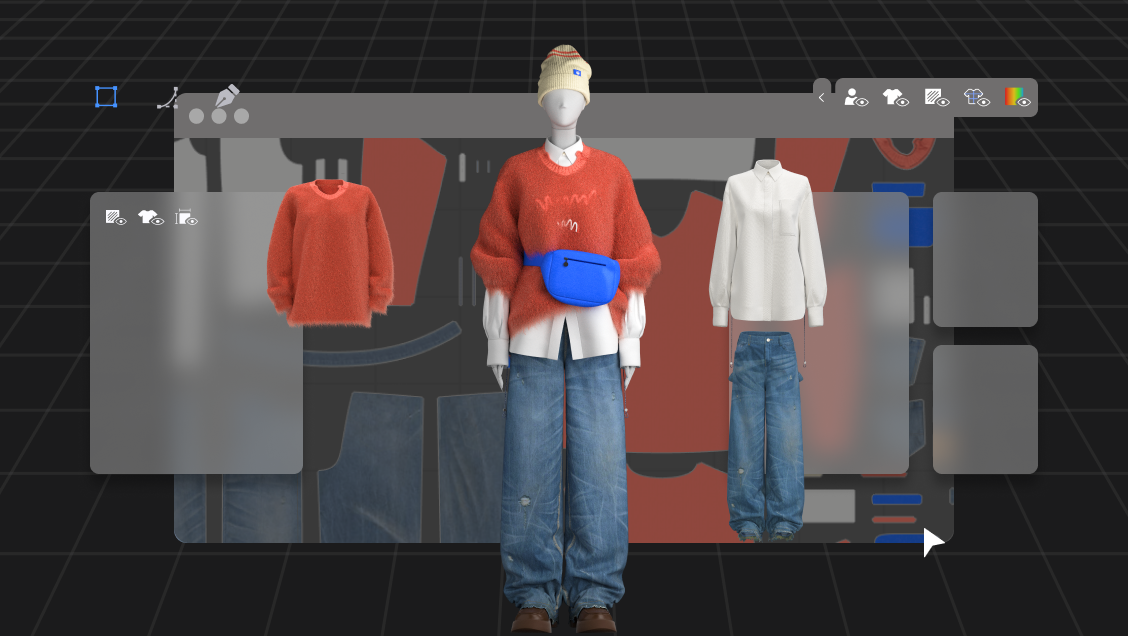The Future of Fashion: How Artificial Intelligence is Revolutionizing the Industry
In recent years, the fashion industry has witnessed a significant transformation, thanks to the integration of Artificial Intelligence (AI). This cutting-edge technology is not just a buzzword; it’s a game-changer that’s reshaping how designers create, how brands market, and how consumers shop.
AI in Design and Production
One of the most exciting applications of AI in fashion is in the design and production process. Traditional methods of creating garments often involve numerous iterations, which can be time-consuming and costly. However, with AI, designers can now leverage advanced algorithms to generate patterns, predict trends, and even create virtual prototypes. This not only speeds up the design process but also allows for more precise and innovative creations.
For instance, platforms like Style3D are utilizing AI to offer 3D virtual sampling, enabling designers to visualize their creations in a virtual environment before any physical production begins. This reduces waste and ensures that the final product meets the desired specifications.
Personalized Shopping Experiences
AI is also revolutionizing the way consumers shop for fashion. With the help of machine learning algorithms, online retailers can now offer personalized recommendations based on a user’s browsing history, preferences, and even body measurements. This level of customization enhances the shopping experience, making it more enjoyable and efficient for the consumer.
Moreover, AI-powered virtual fitting rooms are becoming increasingly popular. These tools allow customers to try on clothes virtually, ensuring a better fit and reducing the likelihood of returns. This not only benefits the consumer but also helps retailers manage their inventory more effectively.
AI in Marketing and Trend Forecasting
Marketing in the fashion industry has also seen a significant boost from AI. Brands can now analyze vast amounts of data to identify emerging trends and consumer preferences. This enables them to create targeted marketing campaigns that resonate with their audience.
Additionally, AI can predict future trends by analyzing social media activity, search patterns, and even weather forecasts. This predictive capability allows brands to stay ahead of the curve and offer products that are in demand before they become mainstream.
Challenges and Ethical Considerations
While the benefits of AI in fashion are undeniable, it’s essential to address the challenges and ethical considerations that come with it. Issues such as data privacy, job displacement, and the environmental impact of AI-driven production need to be carefully managed.
As the industry continues to evolve, it’s crucial for stakeholders to collaborate and establish guidelines that ensure the responsible use of AI. This will not only protect consumers but also promote sustainable practices within the fashion industry.
Conclusion
The integration of Artificial Intelligence in the fashion industry is paving the way for a more innovative, efficient, and personalized future. From design and production to marketing and consumer experience, AI is transforming every aspect of the industry. As we move forward, it’s essential to embrace these advancements while addressing the challenges they bring, ensuring a sustainable and ethical future for fashion.
For more insights into how AI is shaping the future of fashion, visit Style3D.
Keyword: 3d fashion design software
